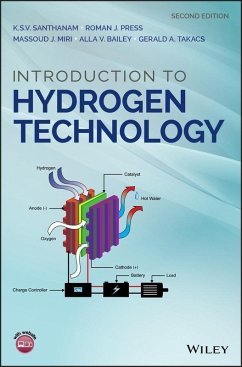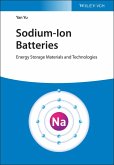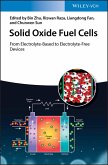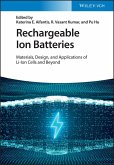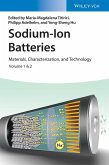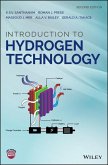Introduces the field of hydrogen technology and explains the basic chemistry underlying promising and innovative new technologies This new and completely updated edition of Introduction to Hydrogen Technology explains, at an introductory level, the scientific and technical aspects of hydrogen technology. It incorporates information on the latest developments and the current research in the field, including: new techniques for isolating and storing hydrogen, usage as a fuel for automobiles, residential power systems, mobile power systems, and space applications. Introduction to Hydrogen Technology, Second Edition features classroom-tested exercises and sample problems. It details new economical methods for isolating the pure hydrogen molecule. These less expensive methods help make hydrogen fuel a very viable alternative to petroleum-based energy. The book also adds a new chapter on hydrogen production and batteries. It also provides in-depth coverage of the many technical hurdles in hydrogen storage. The developments in fuel cells since the last edition has been updated. * Offers new chapters on hydrogen production, storage, and batteries * Features new sections on advanced hydrogen systems, new membranes, greenhouse gas sensors and updated technologies involving solar and wind energies * Includes problems at the end of the Chapters, as well as solutions for adopters This book is an introduction to hydrogen technology for students who have taken at least one course in general chemistry and calculus; it will also be a resource book for scientists and researchers working in hydrogen-based technologies, as well as anyone interested in sustainable energy.
Dieser Download kann aus rechtlichen Gründen nur mit Rechnungsadresse in A, B, BG, CY, CZ, D, DK, EW, E, FIN, F, GR, HR, H, IRL, I, LT, L, LR, M, NL, PL, P, R, S, SLO, SK ausgeliefert werden.

